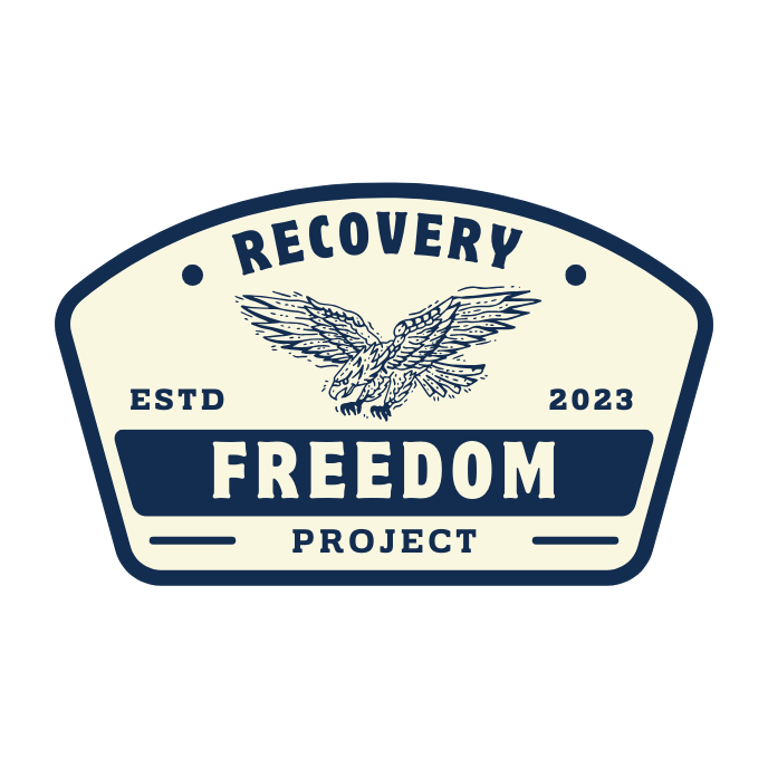Relapse Does Not Have to Be Part of Your Story: The Hard Work of Recovery
Adam Loew
6/4/20255 min read


Understanding the Hard Work of Recovery
Recovery from addiction is an intricate journey that often involves profound challenges and demands significant dedication. Many individuals mistakenly believe that recovery is a swift process that requires little more than the initial decision to seek help. However, the reality is that overcoming addiction is a multifaceted endeavor, requiring ongoing effort, resilience, and often the support of a tailored recovery program.
One of the most common misconceptions is that recovery is linear and straightforward. In truth, individuals may face various obstacles, including emotional turmoil, cravings, and social pressures that can complicate their efforts. Effective recovery necessitates a comprehensive approach, addressing not only the physical aspects of addiction but also the emotional, psychological, and social factors. This holistic method reinforces the necessity of a personalized recovery program that aligns with an individual's unique circumstances and needs.
There are numerous paths to recovery, and what works for one person may not yield the same results for another. These paths can vary from traditional inpatient rehabilitation to outpatient support groups, therapy sessions, and alternative healing methods. Each approach emphasizes the importance of commitment and sustained effort. Individuals may find valuable resources through community support, therapy, or even medication-assisted treatment. The selection of the right path often requires careful consideration and may involve trial and error.
Moreover, cultivating a strong support system is essential. Engaging family members, friends, or support groups can foster accountability and encouragement as individuals navigate their recovery journey. These relationships serve as a crucial complement to a well-structured recovery program, reinforcing the understanding that addiction recovery is a continuous process rather than a single event. Ultimately, the hard work of recovery is characterized by persistent determination and belief in the possibility of healing and change.
Building a Support Network
The journey to recovery can often be fraught with challenges, making it imperative to establish a robust support network. A support network encompasses individuals who understand the intricacies of addiction and recovery, offering empathy and practical assistance. Attending recovery meetings, such as those organized by Alcoholics Anonymous or similar groups, serves as a critical stepping stone in nurturing these connections. These meetings provide a structured environment where individuals can share their experiences, successes, and difficulties, while gaining insights from others who are on a similar path.
Participating in these gatherings fosters a sense of community and belonging, which is vital for emotional support. The bonds cultivated during these interactions can lead to lifelong friendships, serving as anchors in times of need. Connecting with fellow recovering individuals not only enhances accountability but also encourages personal growth. Engaging with peers who share similar experiences allows individuals to feel understood and less isolated in their struggles.
In addition to in-person interactions, utilizing resources such as hotlines and online support groups can significantly enhance one’s recovery experience. Hotlines often provide immediate assistance and guidance, serving as a lifeline during critical moments. Similarly, online support platforms offer flexibility and accessibility to a broader audience, enabling individuals to engage with a diverse group of peers across different regions. This can be particularly beneficial for those who may have geographical constraints or face difficulties in attending physical meetings.
Ultimately, reaching out and nurturing relationships with others in recovery creates an essential support structure that can mitigate the risk of relapse. Surrounding oneself with understanding and supportive individuals not only reinforces commitment to sobriety but also cultivates an environment conducive to healing and growth. The importance of these connections cannot be overstated; they are instrumental in navigating the complexities of recovery and fostering resilience against future challenges.
Personal Accountability in Recovery
Personal accountability is a crucial aspect of addiction recovery that emphasizes the individual's responsibility for their actions and choices throughout the recovery process. While it is true that external factors such as relationship dynamics, family conflicts, and social situations can influence one's pathway to sobriety, the ultimate commitment to recovery lies within the individual. It is imperative that each person recognizes their role in both the challenges and triumphs encountered on this journey.
Taking responsibility means acknowledging both successes and setbacks. Individuals must cultivate an understanding that relapses, while common, do not define the entirety of one’s recovery experience. Instead, these moments can serve as opportunities for growth and learning if approached with a constructive mindset. For many, reflecting on the motivations for recovery becomes essential. It invites individuals to assess what has led them to seek a healthier lifestyle, whether it be the desire for improved relationships, better health, or simply the quest for personal happiness.
The commitment to recovery should remain a priority despite fluctuating external circumstances. In many cases, relationships may change as recovery progresses, and it may be necessary to establish boundaries or seek support from those who are aligned with one's recovery goals. The focus should, however, remain on the individual’s journey, emphasizing self-reflection and inner strength. By establishing personal accountability, individuals can develop resilience and a sense of ownership over their choices, fostering a deeper connection to their recovery process.
Ultimately, accountability in recovery is about recognizing that, though external influences may shift, the dedication to personal change must be steadfast. This unwavering commitment transforms recovery from a reactive process into a proactive lifestyle, making it possible to redefine one's story beyond addiction.
Maintaining Long-Term Sobriety
Maintaining long-term sobriety requires a commitment to continuous effort, ongoing participation in recovery programs, and the establishment of personal goals. The initial recovery phase may be marked by significant change, but sustaining that progress necessitates a proactive approach to managing one’s well-being and environment. Successful long-term sobriety hinges on an individual’s ability to engage actively in their recovery journey, rather than viewing it as a single event.
Engaging in recovery programs, such as Alcoholics Anonymous (AA) or similar support groups, offers individuals a structured avenue for support and accountability. These programs facilitate connection with others who are navigating the complexities of sobriety, providing a shared space for discussion and reflection on individual experiences. Consistent participation encourages the reinforcement of positive behaviors and coping mechanisms, instrumental in preventing relapse. Additionally, regular check-ins with a therapist or counselor can enhance self-awareness and equip individuals with strategies for managing stressors and triggers.
Personal goal setting is another vital aspect of maintaining sobriety. Goals should be realistic and aligned with an individual's values, providing motivation to remain focused on recovery. This could include professional aspirations, personal development objectives, or health-related goals. As progress is made, revisiting and adjusting these goals ensures they continue to reflect one's evolving priorities and motivations.
Alongside proactive engagement, it is essential to recognize potential obstacles that could hinder long-term sobriety. Triggers can arise in various forms, from environmental cues to emotional challenges. Developing a comprehensive relapse prevention plan allows individuals to navigate these challenges effectively. This involves identifying specific triggers, creating coping strategies, and establishing a support network, which can provide assistance during challenging times.
Ultimately, success in recovery is an ongoing journey, characterized by resilience, adaptability, and continuous personal growth. Addressing challenges proactively while remaining connected to a supportive community enhances one’s chances of achieving lasting sobriety.
Resources
Find comprehensive resources for recovery support here.
Contact
Support
© 2025. All rights reserved. The Freedom Project 501c3
